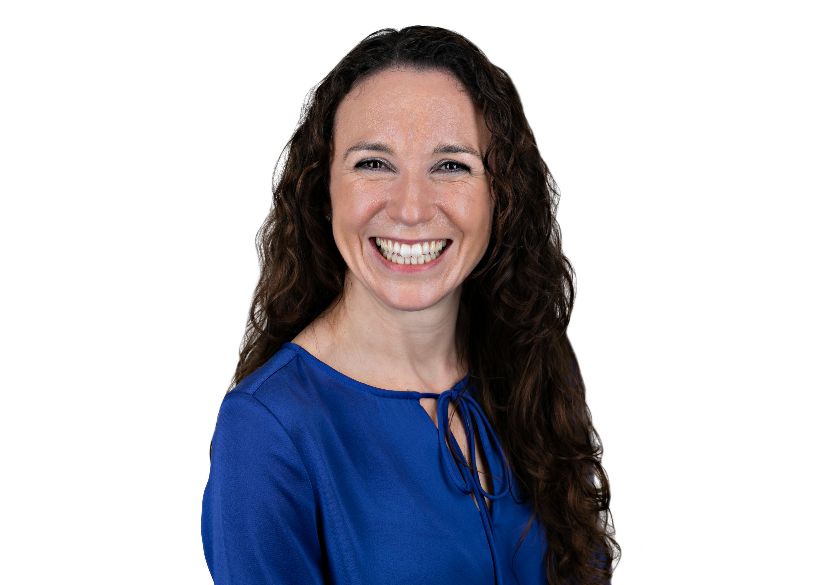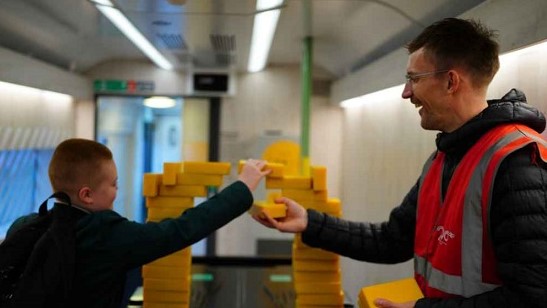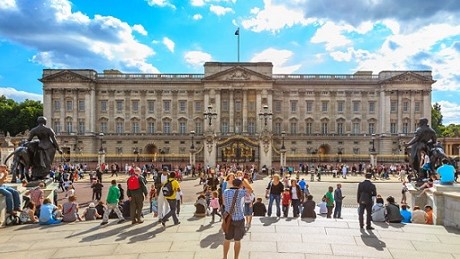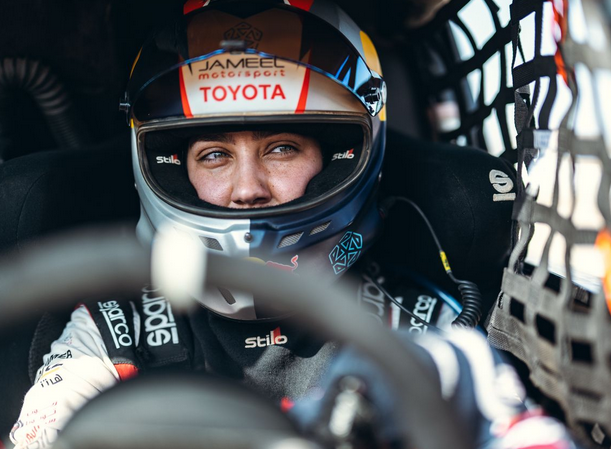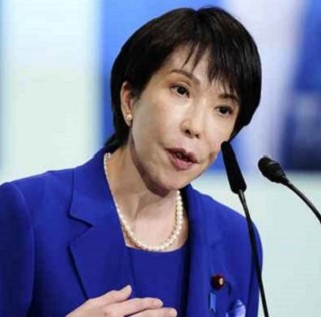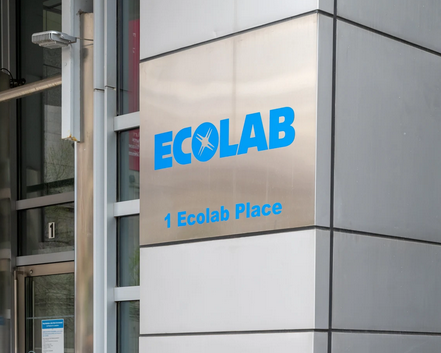With 12-15 year olds now being offered the Covid-19 vaccination specialist family lawyers are offering advice on consent, particularly when parents are separated and perhaps don’t agree on the issue.
Three million over 12s will now be offered the Pfizer jab which will be administered to them at school while scientists are also considering booster jabs for over 16s.
Parents will be asked whether they want their child to be vaccinated but what happens if each parent disagrees and what about the child’s consent?
Sarah Wood-Heath, partner at national firm Clarke Willmott LLP, said: “We are hearing of some cases where those with parental responsibility are disagreeing over whether the child will receive the vaccination. In the case of the Covid-19 vaccine the Government has stated that although parents will be asked for consent, the child – as long as they are capable of informed consent – will have the final decision on whether they get the jab, even if their parents have said no.
“Whilst most persons aged 18 or over are presumed to have the capacity to make their own decisions regarding medical treatment, the ability of children to make such decisions depends firstly upon their age. Anyone under the age of 18 is defined as a child for these purposes.
“For children aged 16 and 17, there is a presumption that they have the capacity to consent to receipt of medical treatment, while for children who are under 16 there is no such presumption. They are instead required to demonstrate that they have the capacity to consent to receipt of medical treatment.
“This capacity to consent is referred to as ‘Gillick competency’.”
Whether a child is Gillick competent is assessed on an individual basis taking into account criteria such as the age of the child, the child’s understanding of the treatment (including benefits and risks) and their ability to explain their reasoning regarding the treatment. If judged to be Gillick competent, the child can make the decision for themselves.
Sarah said: “For children aged under 16 who are not Gillick competent, those with parental responsibility will make decisions regarding the medical treatment of the child. As such, it would be the decision of those with parental responsibility whether or not the child receives the vaccination.
“However, should a medical professional consider that the decision of those with parental responsibility is not in the best interests of the child, then an application can be made to the court for an order to determine whether treatment proceeds.”



